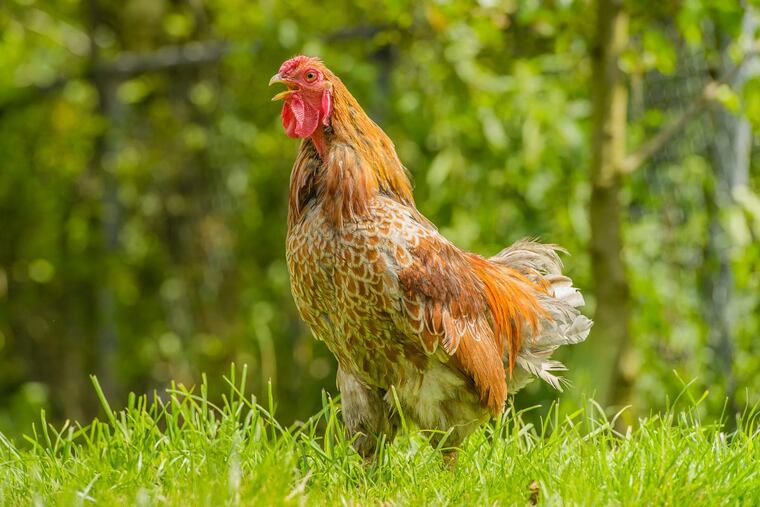Nationwide salmonella outbreak linked to backyard chickens
So far, 961 people in 48 states and the District of Columbia have contracted salmonella.

The Centers for Disease Control and Prevention is investigating 10 separate multi-state outbreaks of human salmonella infections linked to live poultry from multiple hatcheries.
Since Jan. 4, 961 people in 48 states and the District of Columbia have contracted salmonella, 251 people have been hospitalized and one person has died. Health officials are warning they expect the reported number of cases to continue to rise.
Since Aug. 11, 26 people in Pennsylvania and three in New Jersey have been infected.
Symptoms include diarrhea, vomiting, fever and abdominal cramps. Most people recover in a week, the CDC reported.
About 74 percent of those who were interviewed by the CDC reported they had contact with live poultry, such as chicks and ducklings, in the week before their illness started.
Young children, as well as the elderly, pregnant women and those with weak immune systems, are more likely to become seriously ill if they contract salmonella. The CDC recommends that children under 5 should not touch or handle chicks, ducklings or any live poultry without adult supervision.
Safety tips from the CDC
Hand washing with soap and water right after handling chickens is the best defense against contracting the illness.
Avoid photo shoots with children and fuzzy yellow chicks. While the baby barnyard fowl may appear healthy, they might just harbor the salmonella bacteria.
Keep any coop, floor, nests and perches clean.
Collect eggs often and toss those that may be cracked.
Clean dirt off eggs with a brush, cloth or fine sandpaper. Washing in cold water can pull the bacteria into the egg.
Refrigerate eggs after collection.
Make sure eggs are cooked thoroughly. Raw or undercooked eggs may contain salmonella bacteria.